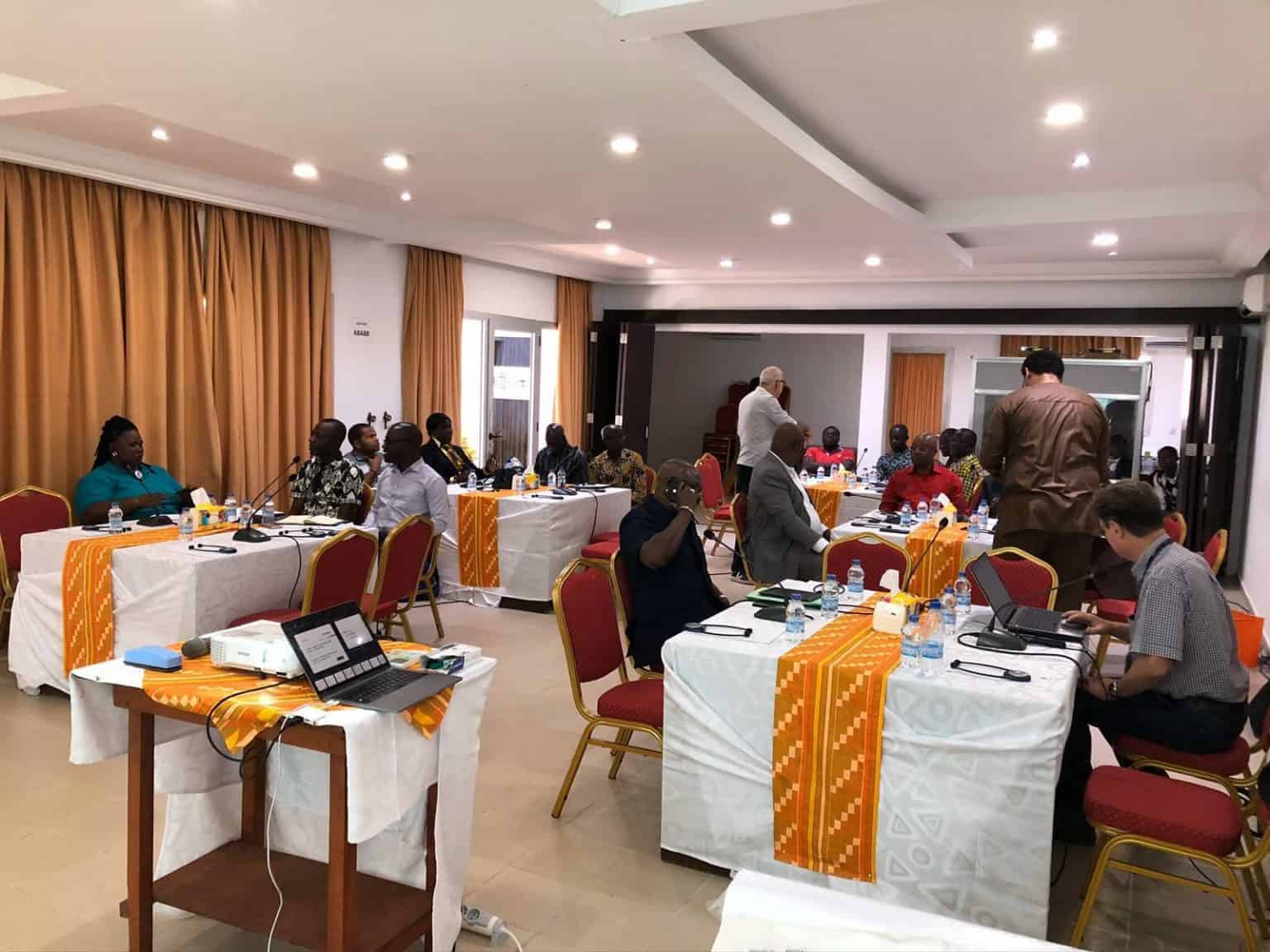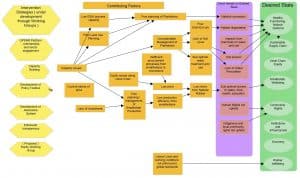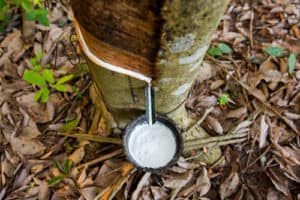The appointed Country Champions have been in contact with the smallholders to ensure a good understanding of GPSNR through familiarization with the Statutes and Code of Conduct. These socialization efforts were carried out by means of teleconferencing, some taking place with the aid of interpreters. To complement these preliminary engagement sessions, the Working Group is creating a customised programme for the smallholders prior to this year’s General Assembly. It is important for the smallholders to meet face-to-face and have the chance to get to know each other, considering that some of them have never stepped foot outside their own country. As they will have to decide who will represent them in the Executive Committee if the new ‘Smallholder Producers’ membership category is approved, interaction with each other is imperative for them to make informed decisions.
The sub-Group specially formed to focus on this issue has proposed a first draft of the programme, which was discussed at the recent Working Group meeting. At the moment, the programme includes sessions for the smallholders to learn more about each other, about GPSNR and the impact of their votes. They will also guide the smallholders in identifying their priorities and needs, and include sharing from GPSNR members in the other categories, so that smallholders can better understand how they can be effective members and work with others at both Working Group and Executive Committee levels. Aside from these proposed sessions, a half-day field trip is also being considered as a socio-cultural component.
Looking towards the future, the Working Group is having ongoing discussions on how best to integrate smallholders into the various Working Groups. The language barrier has been identified as a key issue to address in order to achieve full inclusivity of smallholders. .






